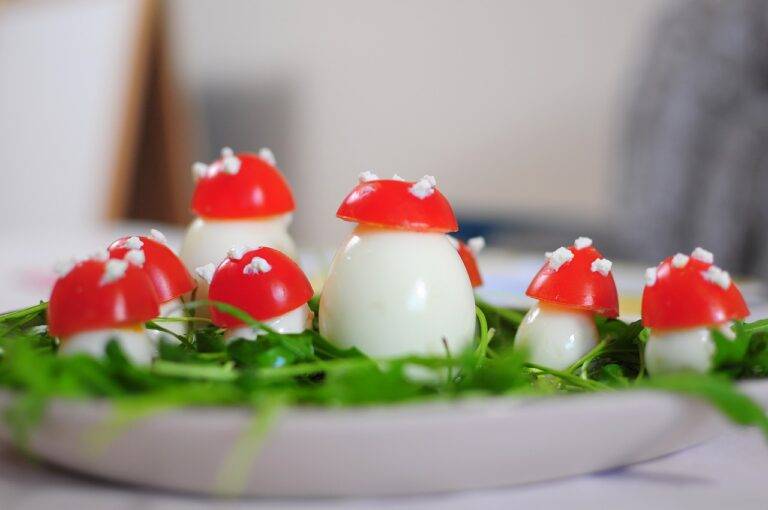The Cultural Significance of Tea Around the World
In China, tea holds a significant place in daily life and rituals, dating back thousands of years. It is more than just a beverage; it symbolizes hospitality, respect, and harmony. The act of preparing and serving tea is a gesture of goodwill and an expression of artistry that is deeply embedded in Chinese culture.
Tea has been intertwined with various aspects of Chinese society, from social gatherings to traditional medicine. It is believed to have numerous health benefits and is often used for its therapeutic properties. The practice of brewing and serving tea is considered an art form that requires precision, patience, and attention to detail.
Tea Ceremonies in Japan
The Japanese tea ceremony, also known as “chanoyu” or “sado,” holds a significant place in Japanese culture. This traditional practice involves the meticulous preparation and serving of matcha, powdered green tea, in a highly ritualized manner. Every movement and gesture in the tea ceremony is deliberate and holds symbolic meaning, emphasizing mindfulness and tranquility.
The tea ceremony is not just about drinking tea; it is a harmonious blend of aesthetics, etiquette, and spirituality. The entire ceremony is designed to create a serene and meditative atmosphere, allowing participants to escape the hustle and bustle of everyday life. Through the tea ceremony, individuals can connect with themselves, others, and nature, fostering a sense of inner peace and harmony.
What is the cultural importance of tea in China?
Tea holds a significant cultural importance in China, where it has been enjoyed for thousands of years. It is not just a beverage, but a symbol of hospitality, friendship, and respect.
What are tea ceremonies in Japan?
Tea ceremonies in Japan, known as chanoyu or chado, are ritualistic practices centered around the preparation and consumption of matcha, a powdered green tea. These ceremonies emphasize harmony, respect, purity, and tranquility.
How are tea ceremonies in Japan different from those in other cultures?
Tea ceremonies in Japan are highly structured and formal, with specific rules and etiquette to follow. They focus on mindfulness, presence, and the appreciation of simplicity and beauty in everyday life.
What is the significance of the tea ceremony in Japanese culture?
The tea ceremony is an important cultural tradition in Japan that promotes mindfulness, connection, and harmony. It is a way to cultivate a sense of community, respect for nature, and appreciation for the present moment.
How can one participate in a tea ceremony in Japan?
To participate in a tea ceremony in Japan, one can attend a public tea ceremony event, visit a traditional tea house, or take part in a tea ceremony workshop or class. It is important to observe proper etiquette and show respect for the host and the tea-making process.





